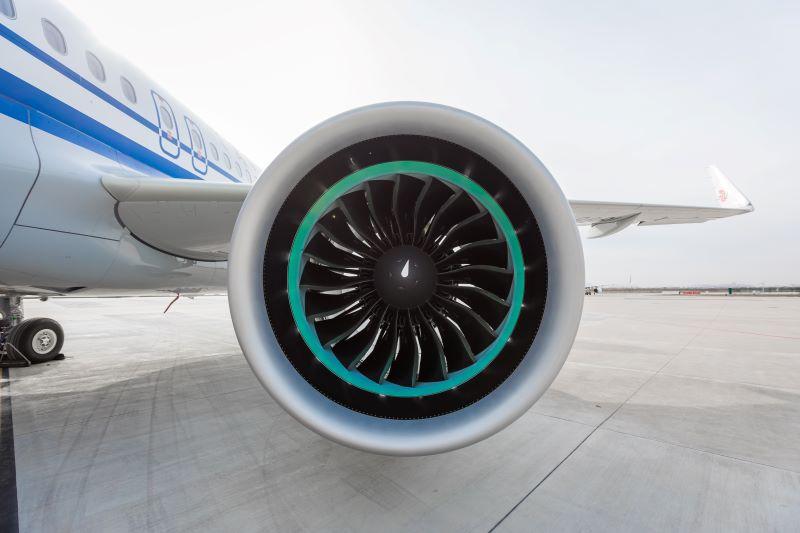Revamped PW1100G Inspection Timing Could Ground 650 A320neos In Early 2024

Credit: Chen Xiao / Airbus China
Clogged engine overhaul shops and a fast-tracking of necessary inspections on higher-time PW1100G geared turbofans will drive turnaround times up to as many as 300 days and could ground 650 Airbus A320neos at one time early next year, Pratt & Whitney parent RTX disclosed Sept. 11. The details were...
Subscription Required
This content requires a subscription to one of the Aviation Week Intelligence Network (AWIN) bundles.
Schedule a demo today to find out how you can access this content and similar content related to your area of the global aviation industry.
Already an AWIN subscriber? Login
Did you know? Aviation Week has won top honors multiple times in the Jesse H. Neal National Business Journalism Awards, the business-to-business media equivalent of the Pulitzer Prizes.





